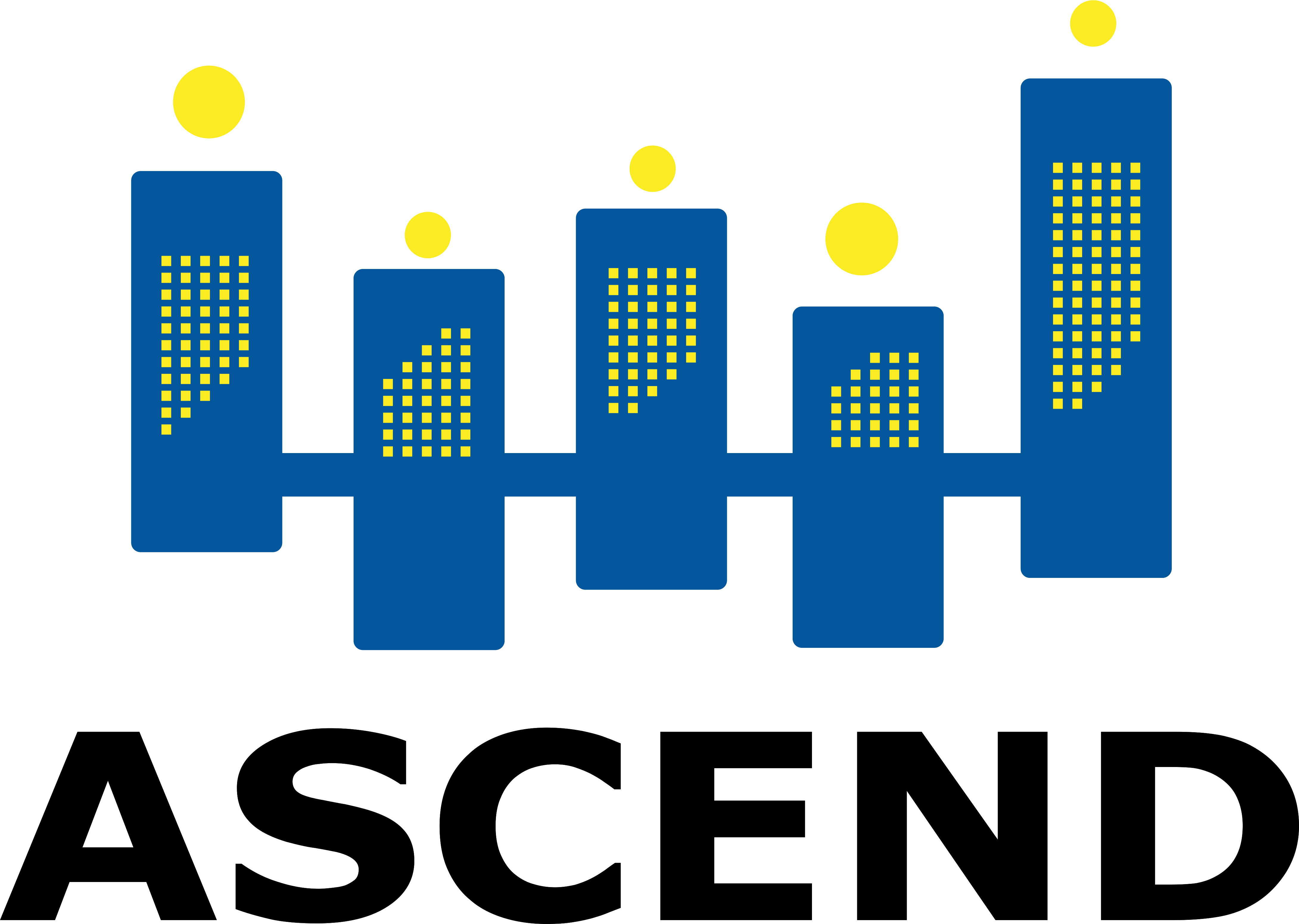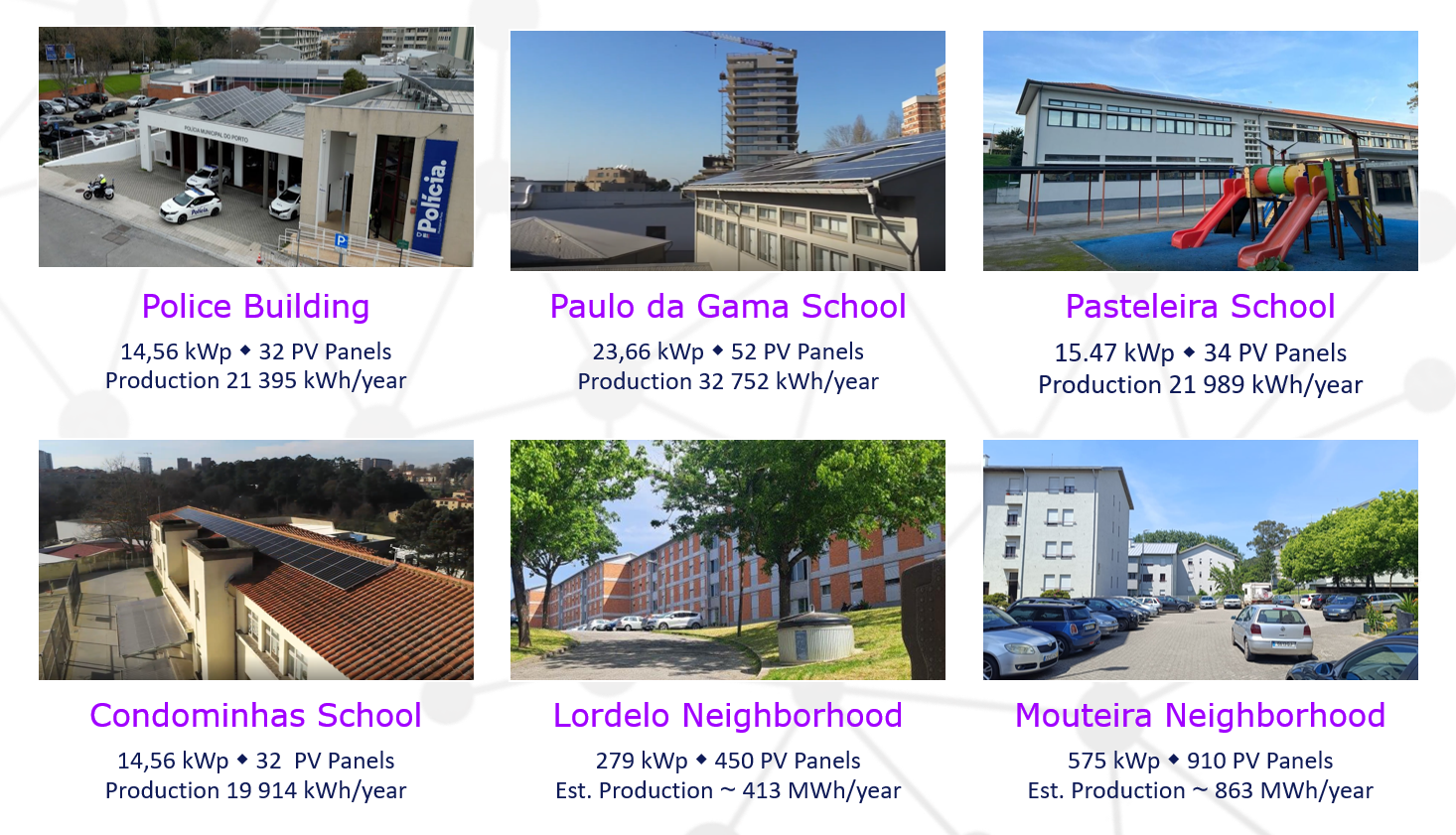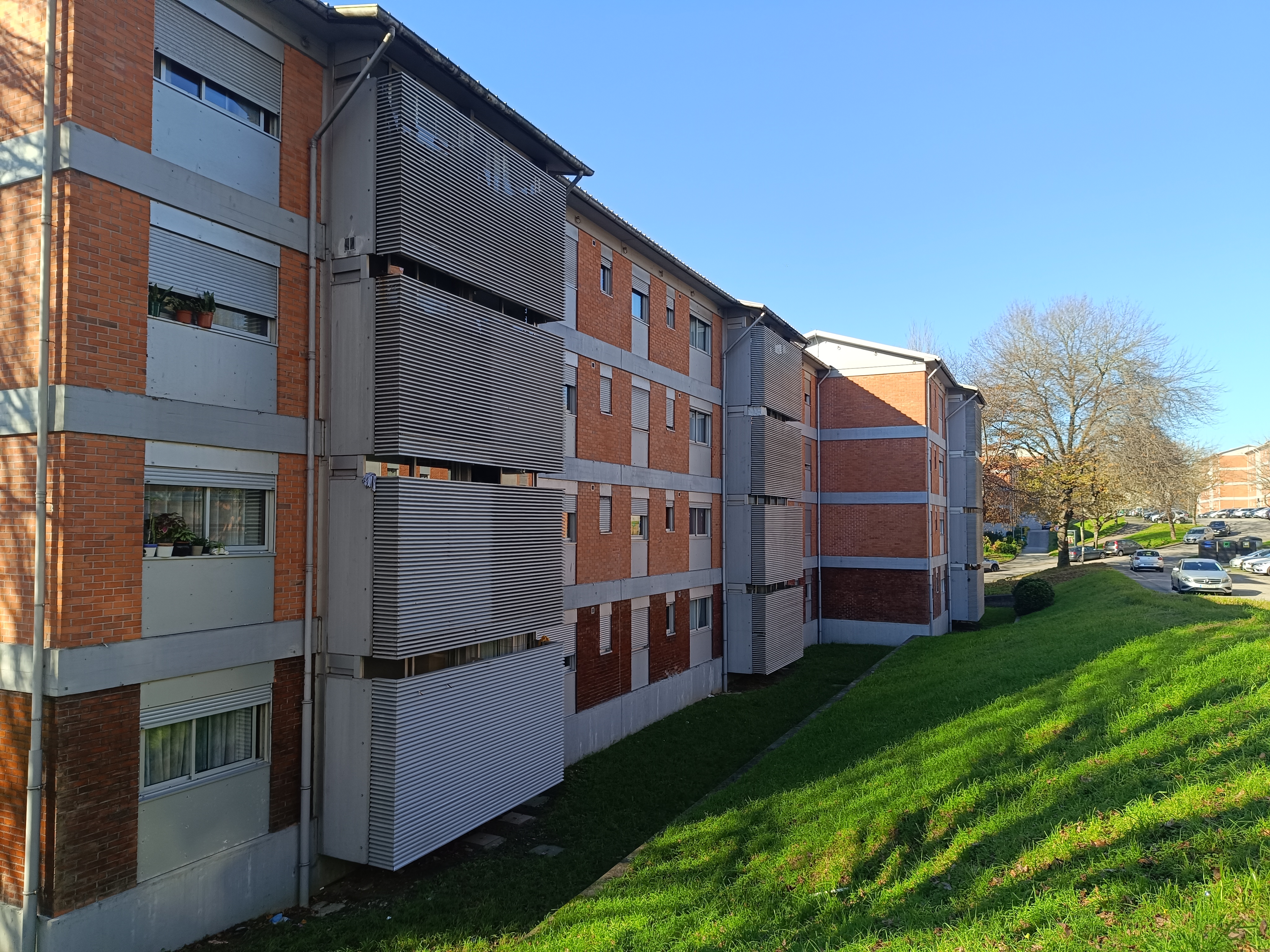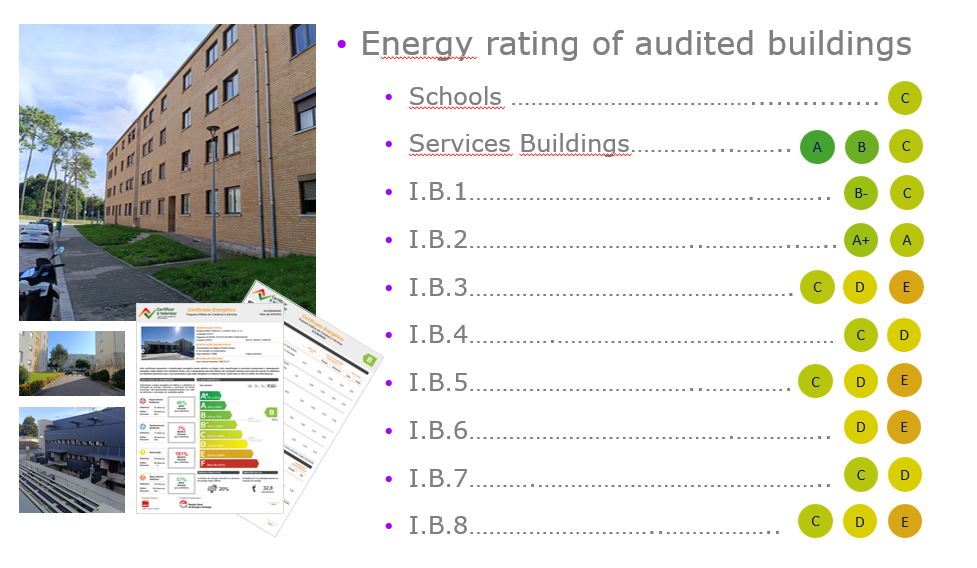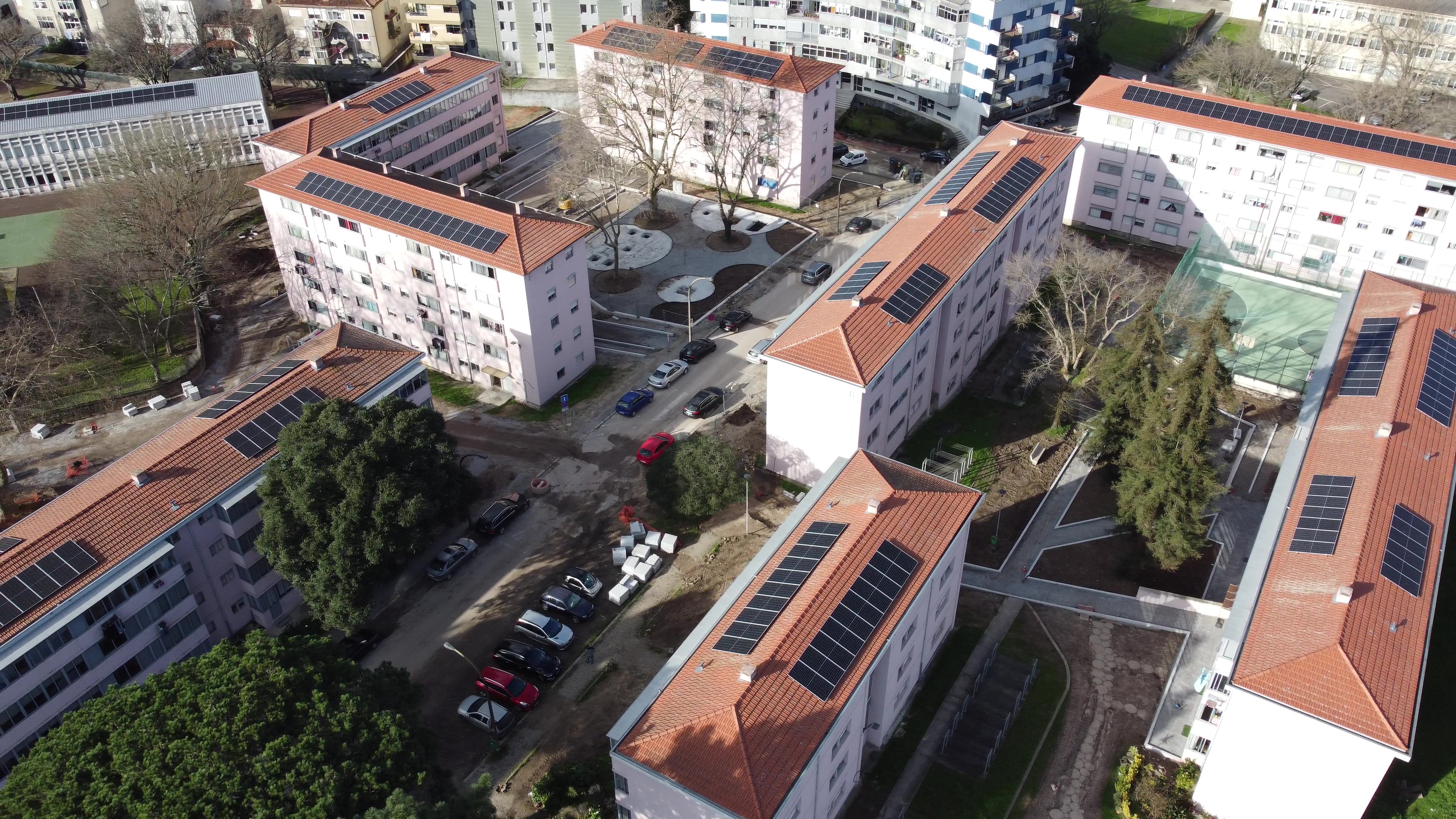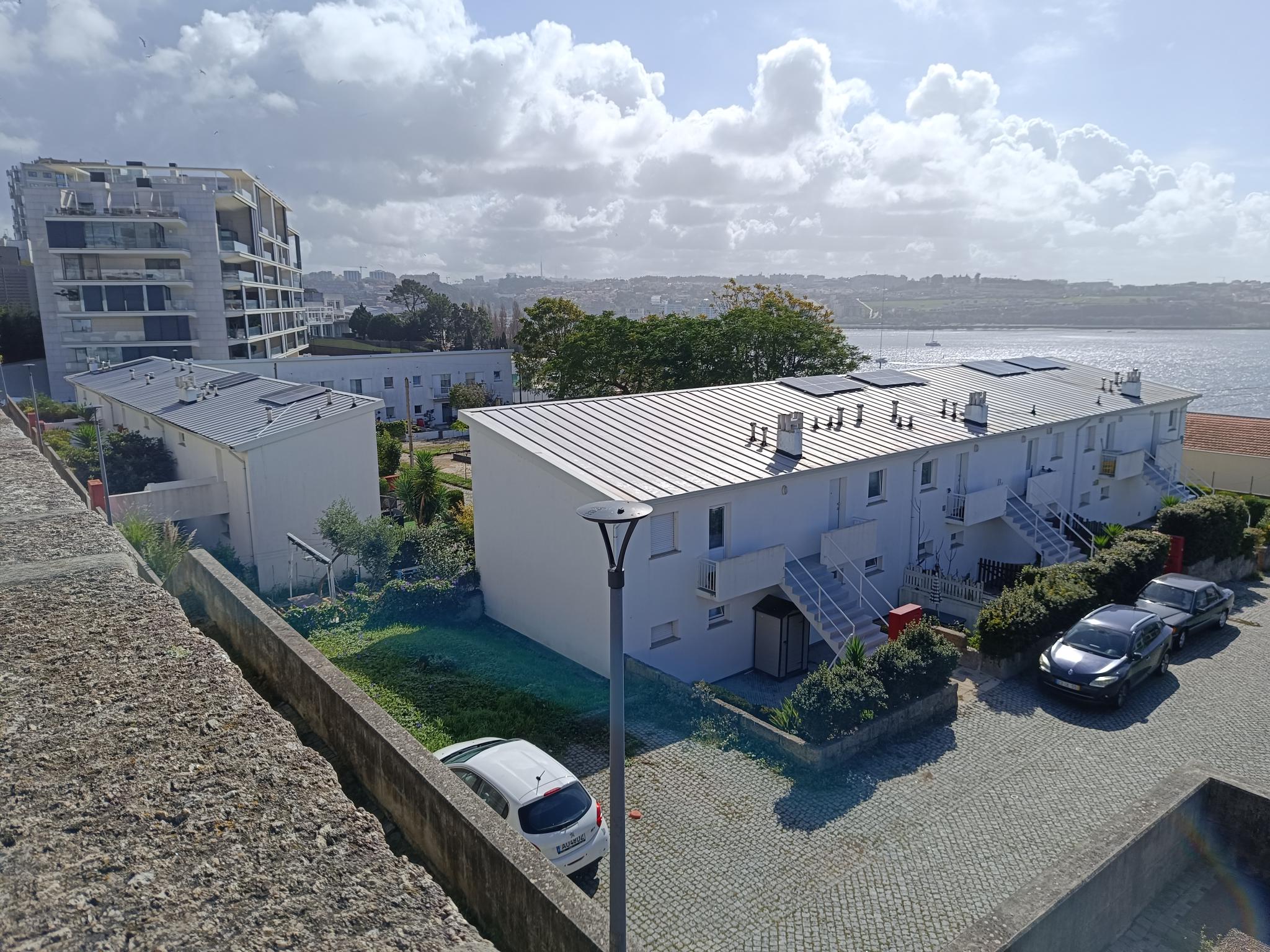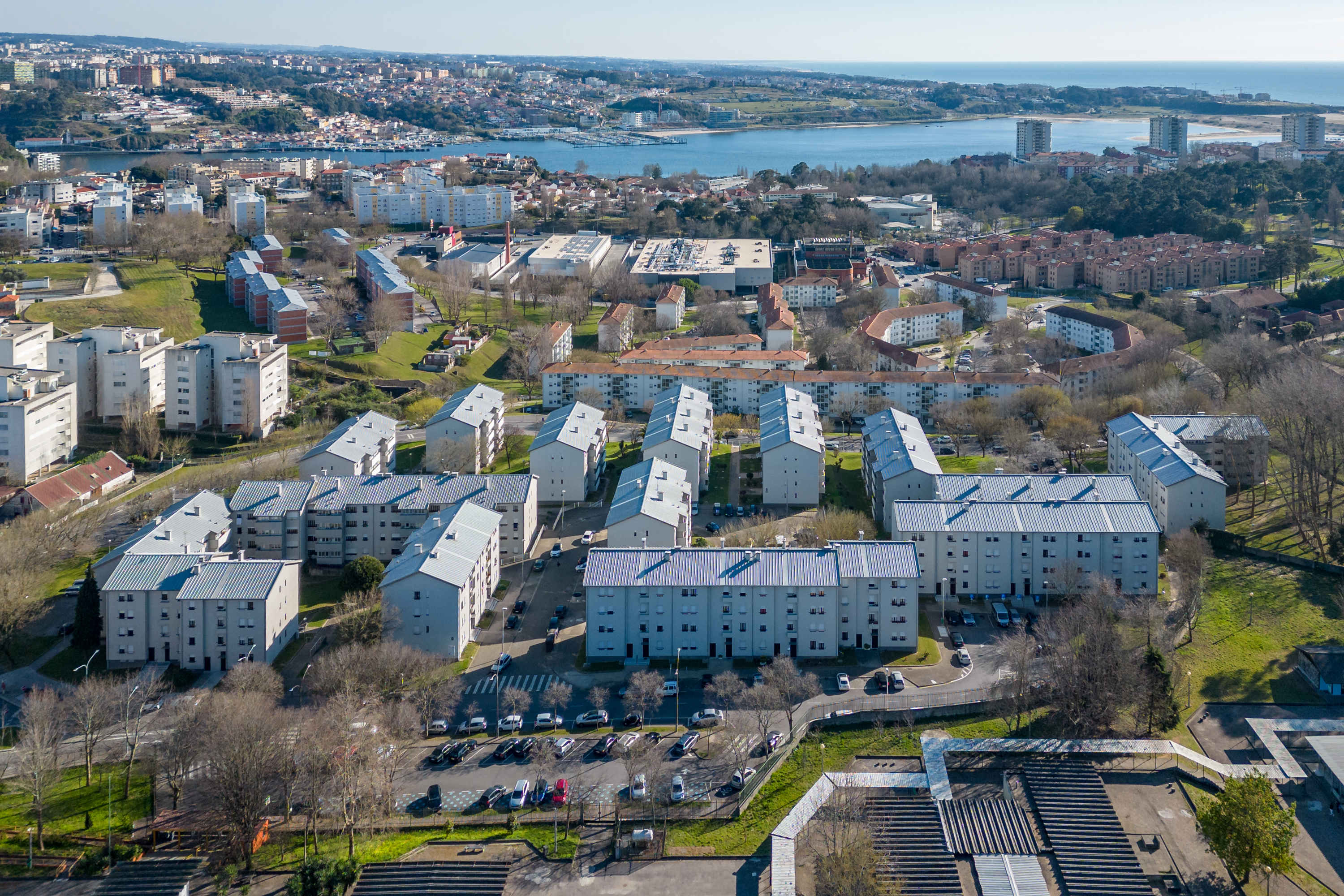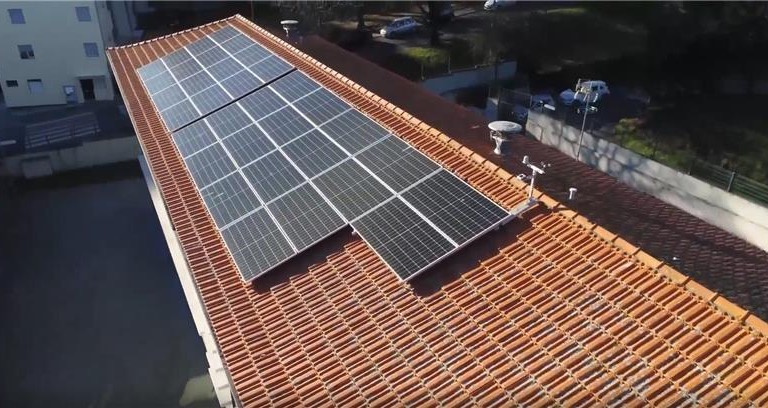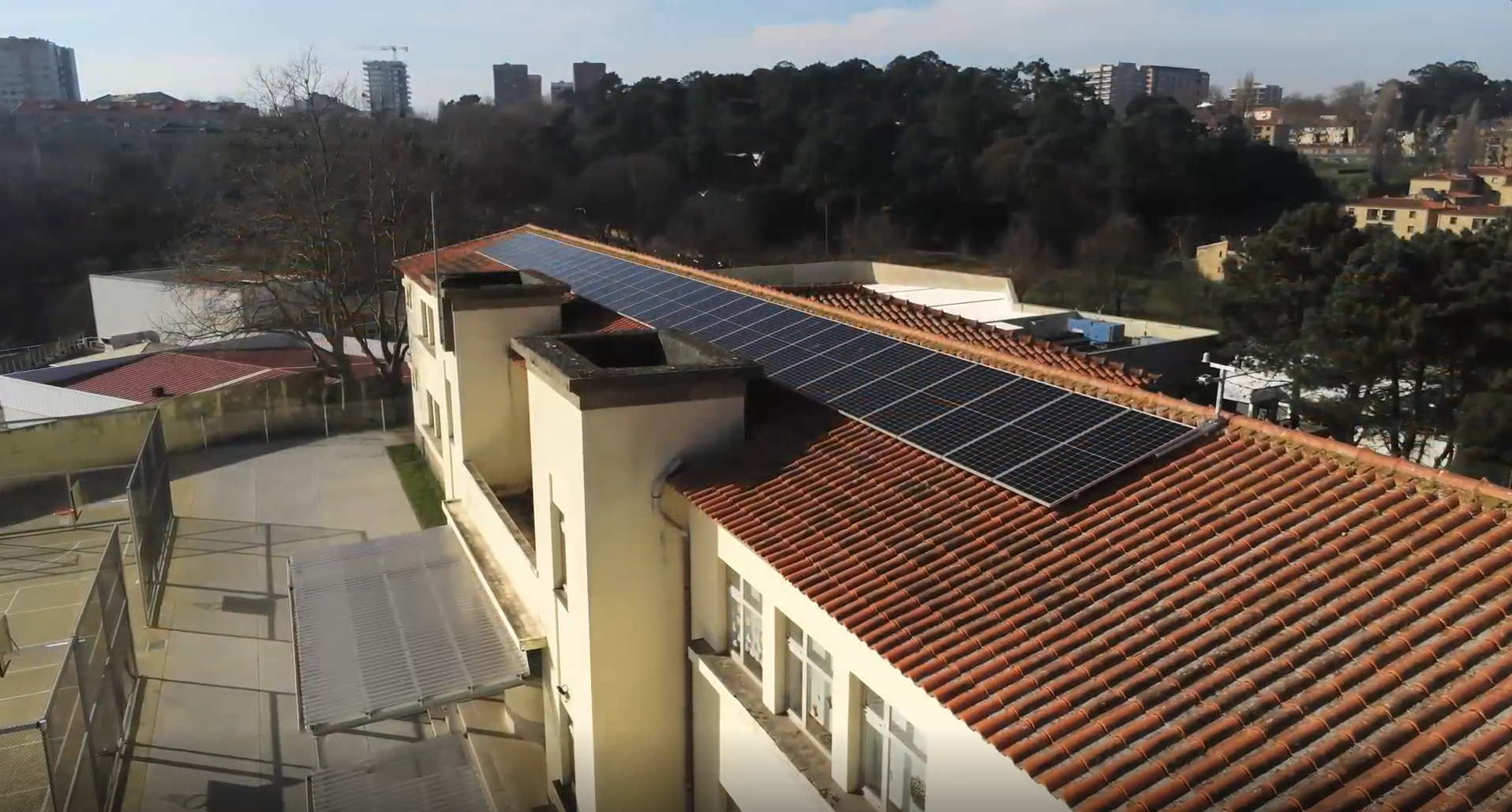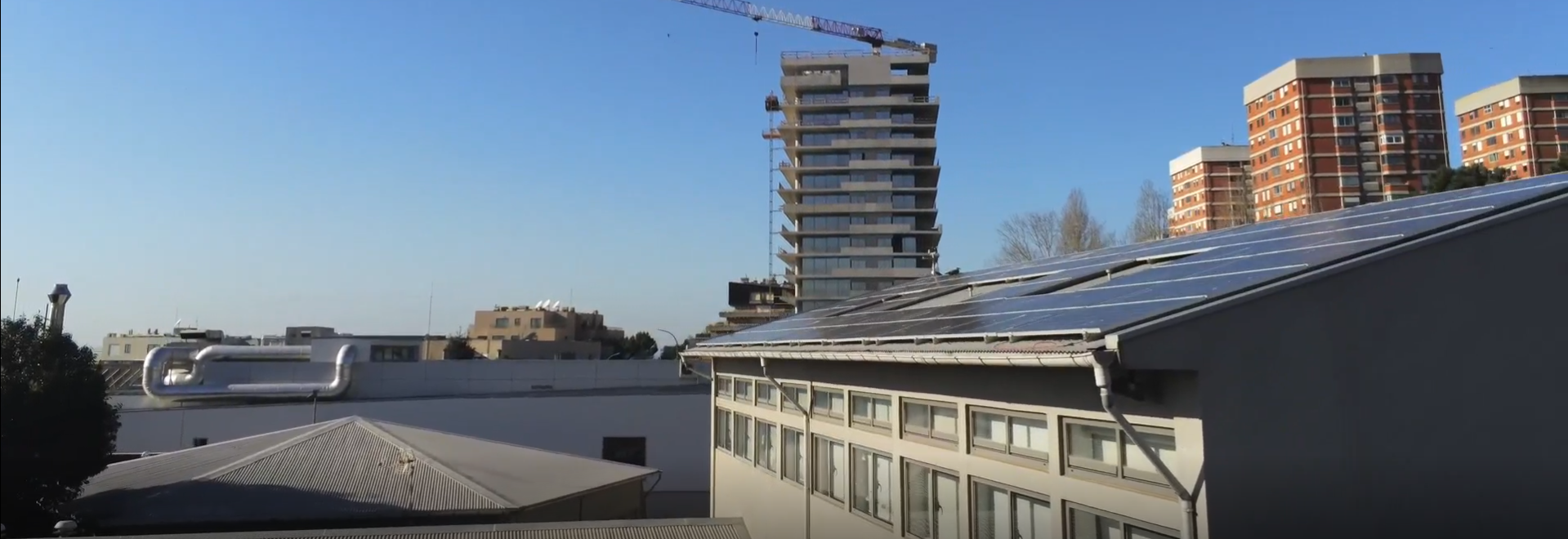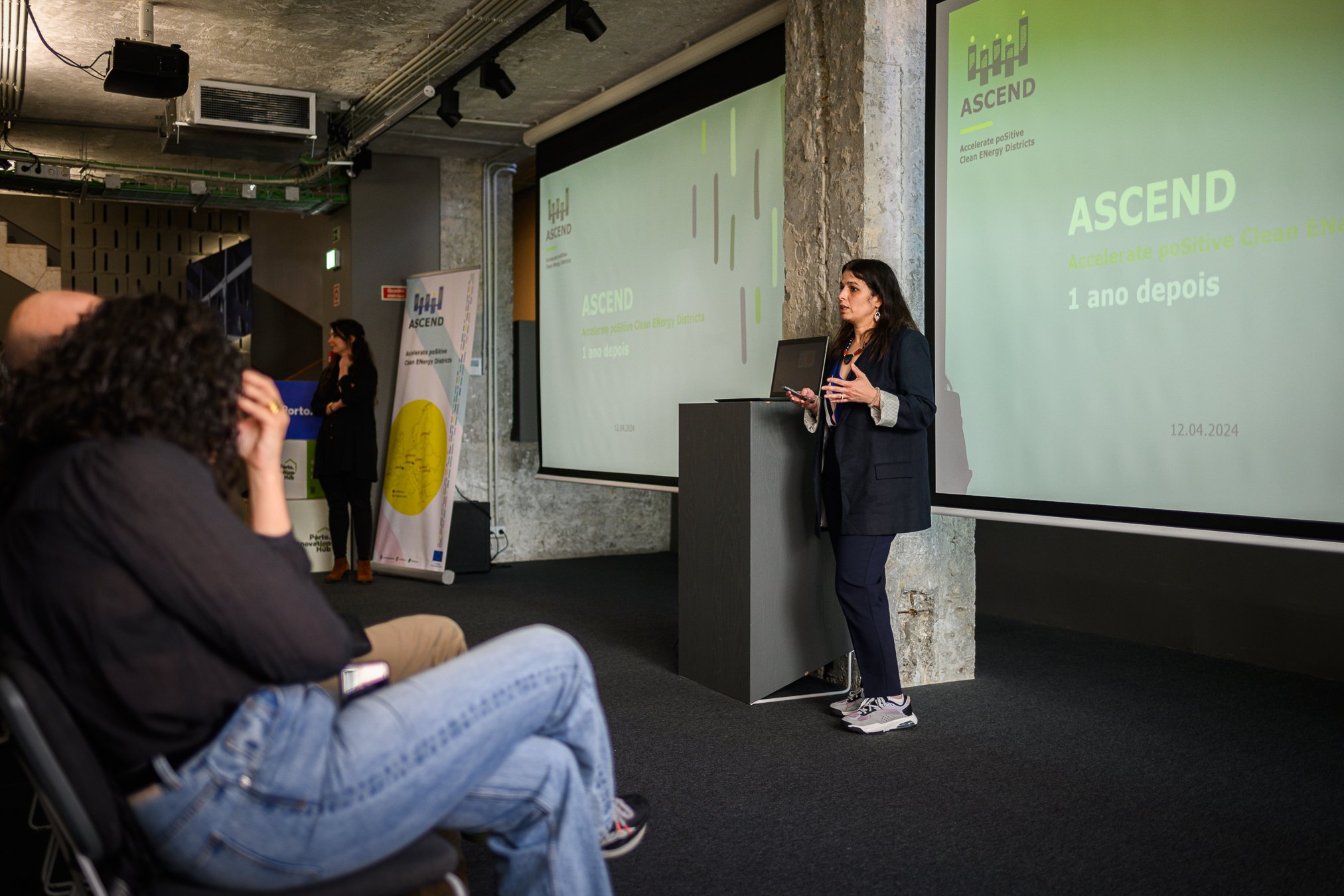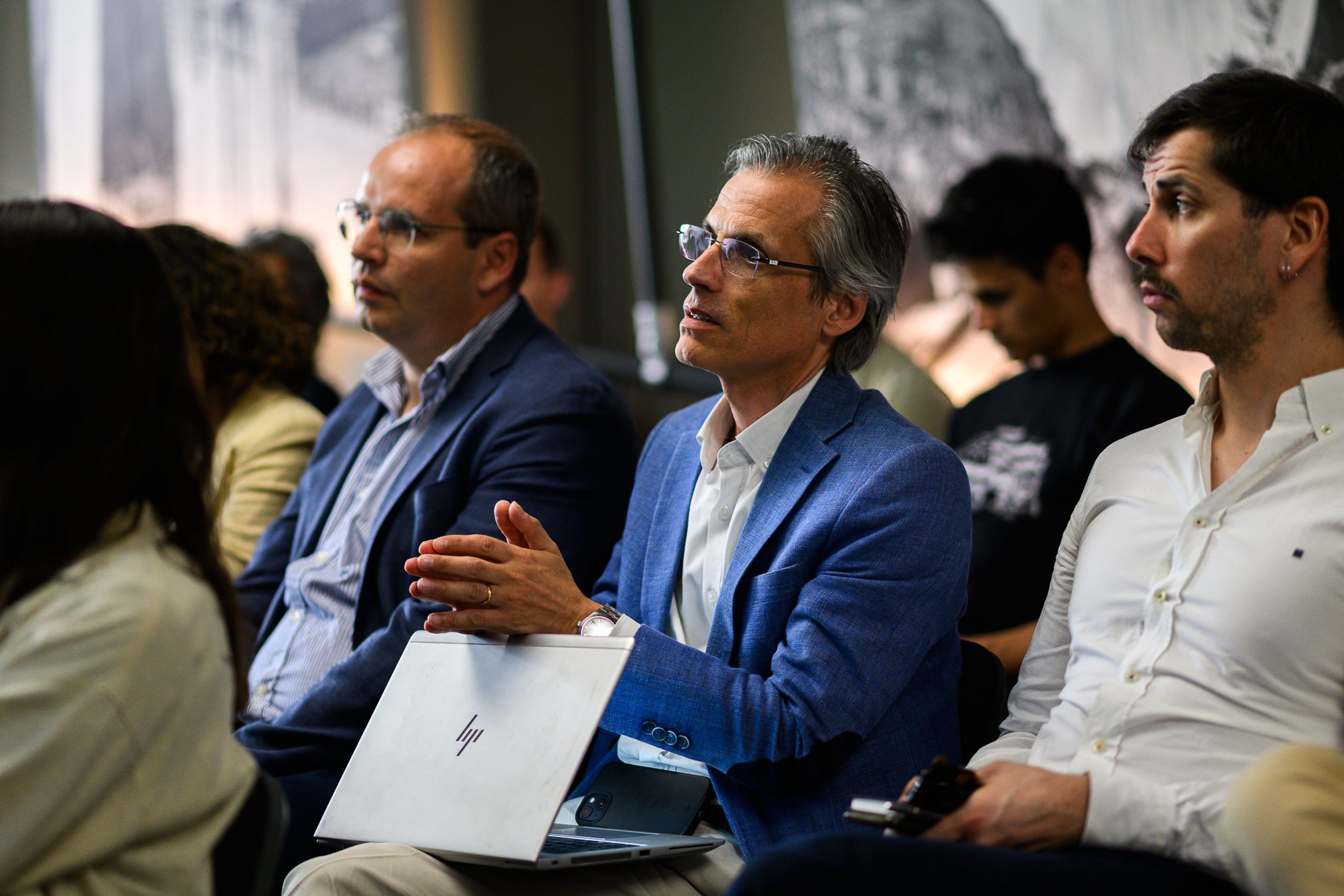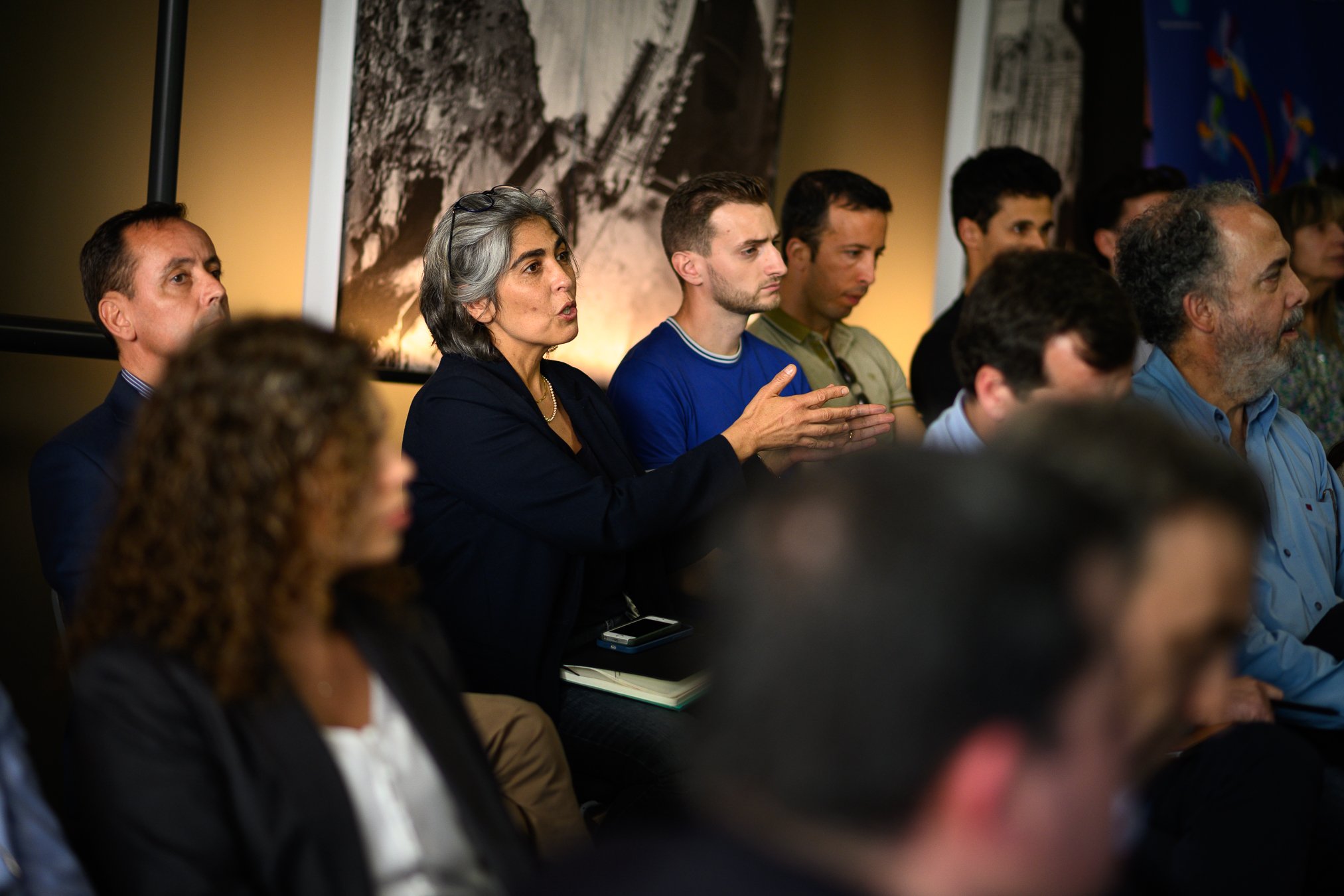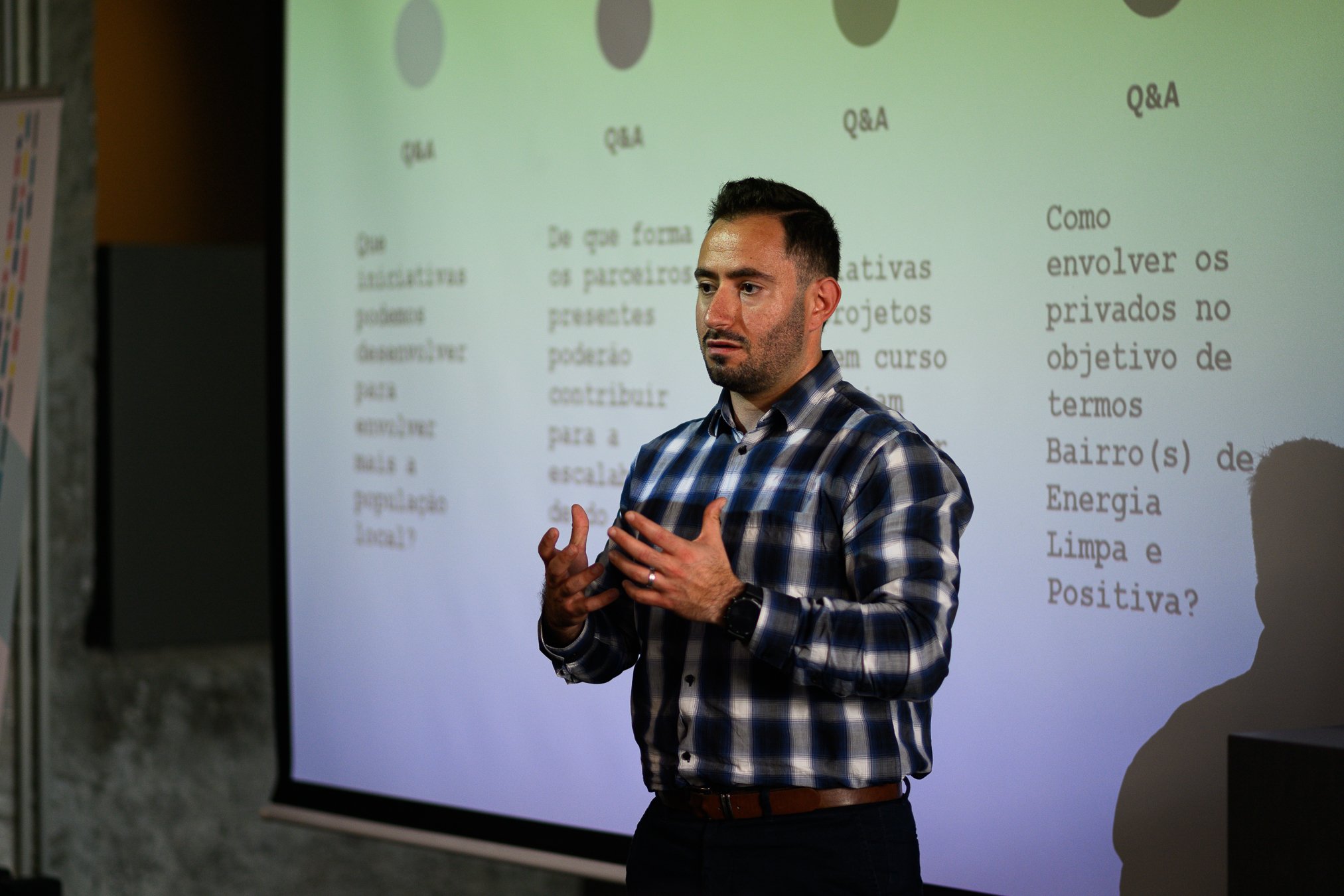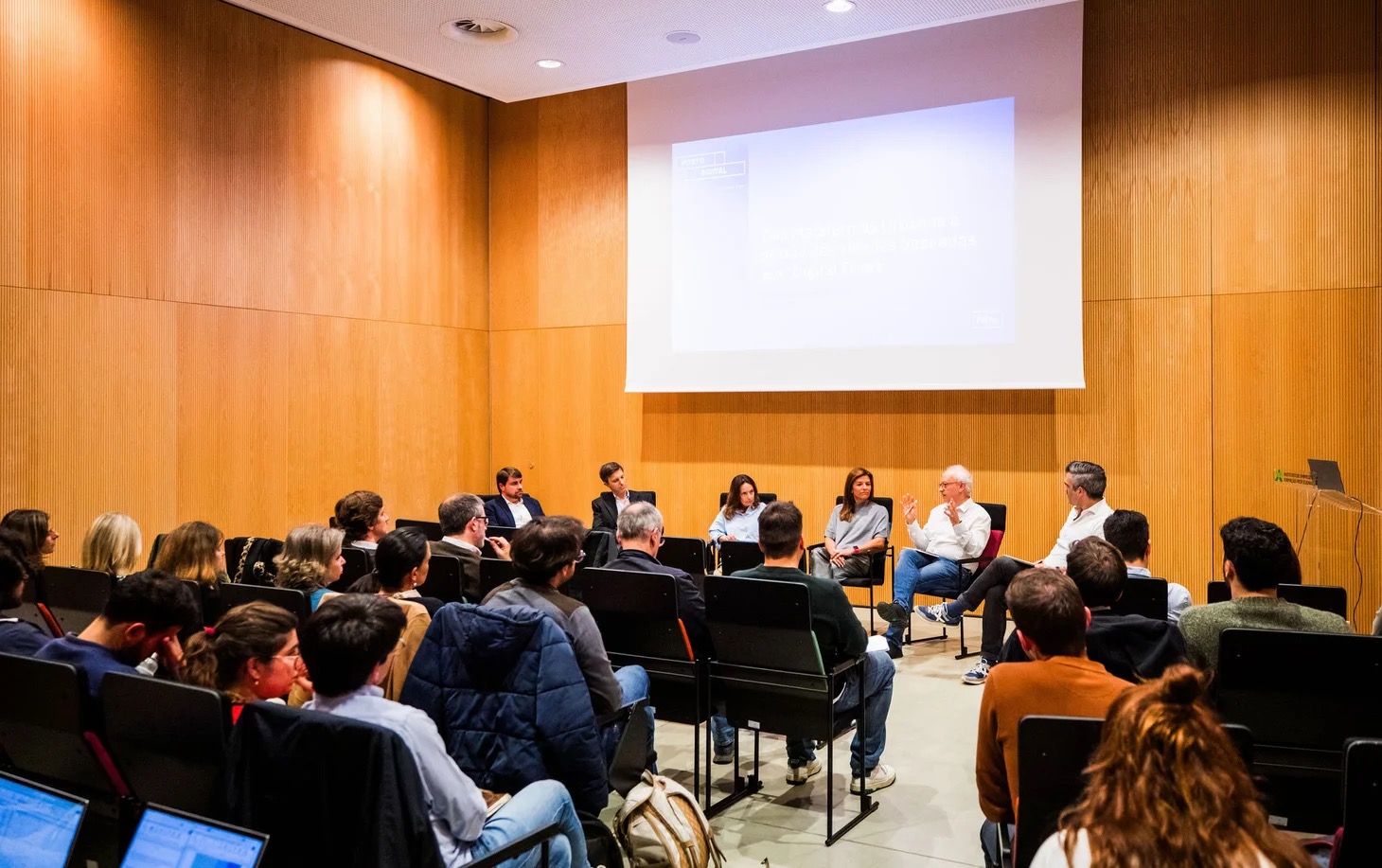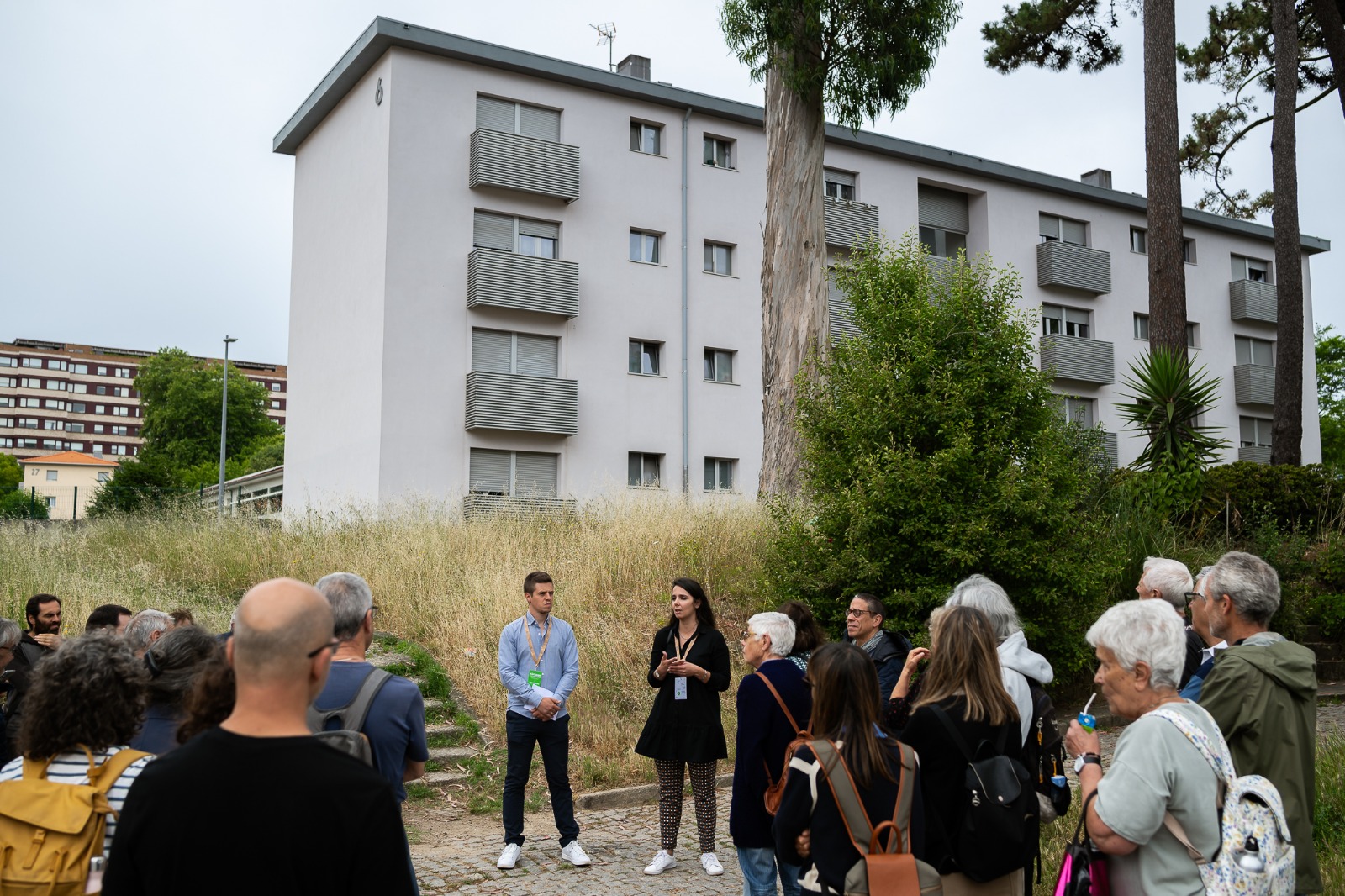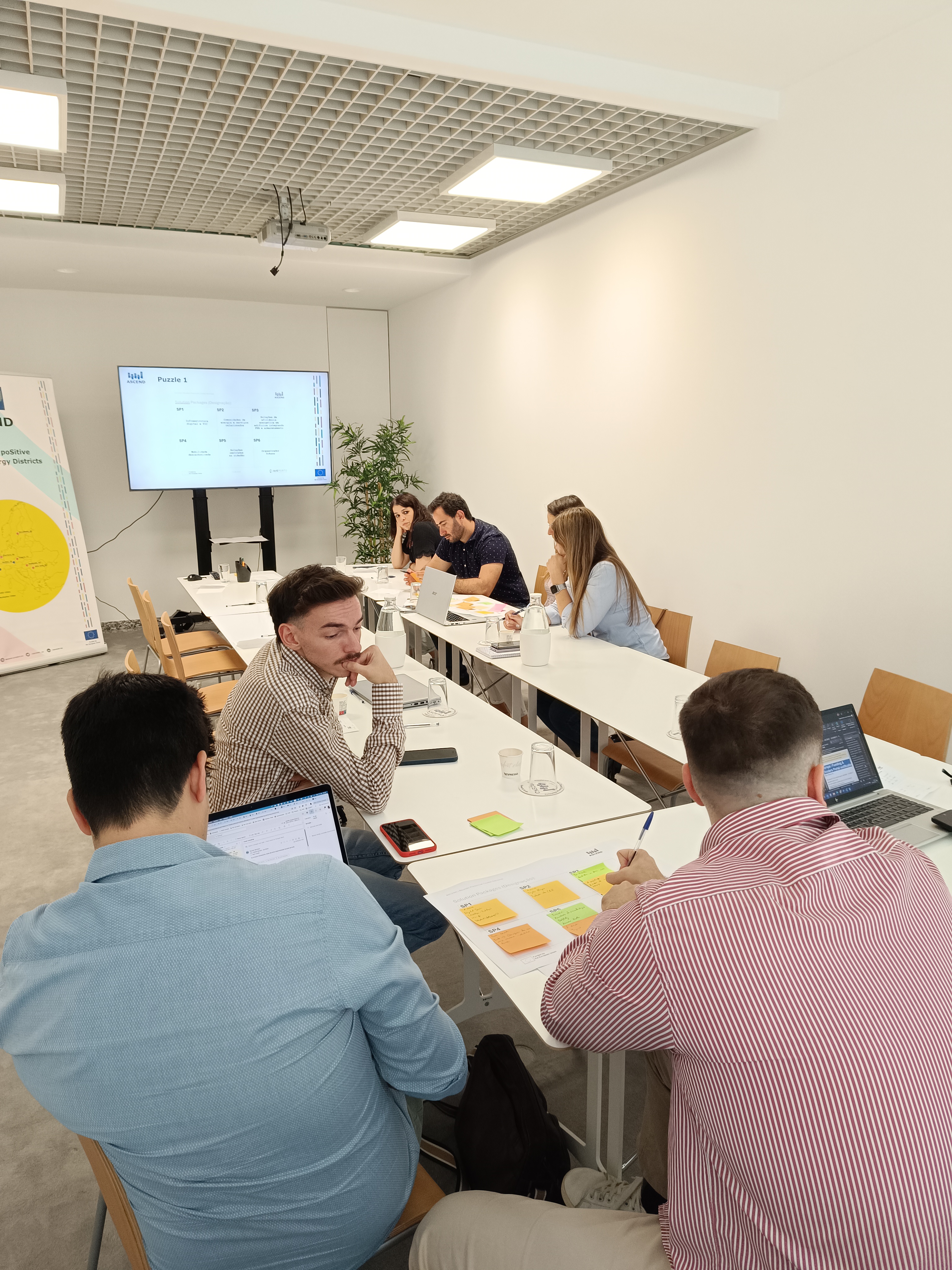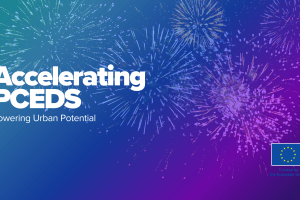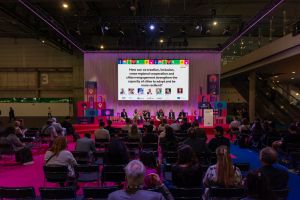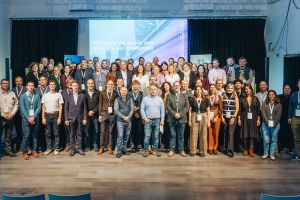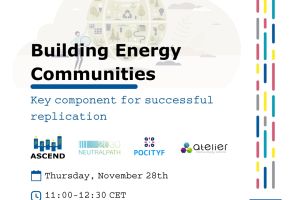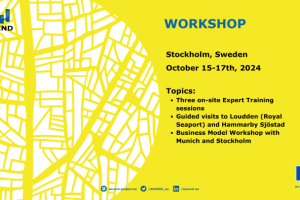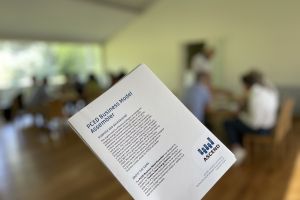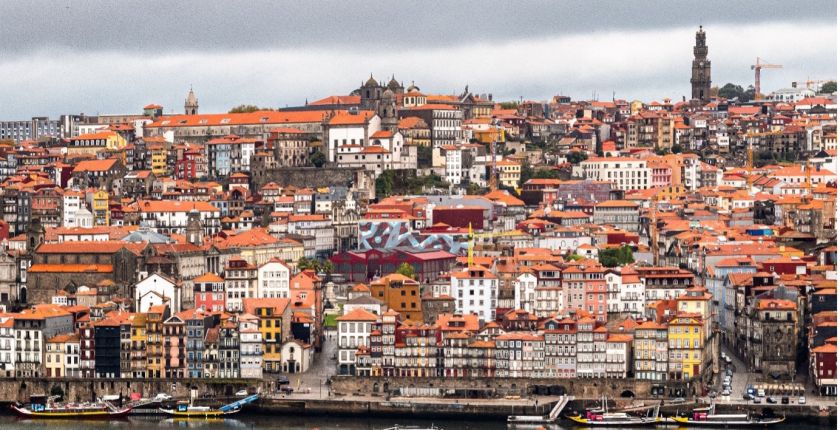
Lordelo do Ouro
The District includes one of the city's wealthiest areas (Foz do Douro) but also several social housing developments (in Lordelo do Ouro and Massarelos). At the end of the project, the district will have 15 electric renewable energy systems and will reduce CO2 emissions by 936t/year.
The city will test the following SPs:
- SP1: digital ecosystem - use and improvement of the existing urban data platform -, monitoring infrastructure connected with the urban data platform, KPI Engine;
- SP2: Call: HORIZON-MISS-2021-CIT-02-04 – Positive Clean Energy Districts 13 Energy Community based on solar technologies (PV) including public and private entities, new services and business models for private and public entities.
- SP3: energy efficiency actions in municipal buildings with mixed interventions, PV generation on buildings' rooftops for self-consumption; PV surplus used to power the public e-mobility charging stations;
- SP4: fostering of e-mobility solutions with a focus on tenants, and co-creation actions to rethink small interventions in public space.
- SP5: development of the “Bairros Positivos” initiative, promoting training and awareness-raising necessary for the vulnerable population to make the most of the added value of PCED;
- SP6: PCED replication strategy for other districts of Porto and other municipal buildings
Hihglights of 2025
Development of the mock-up and first draft of the digital blueprint, a platform designed to simulate energy sharing among different REC members.
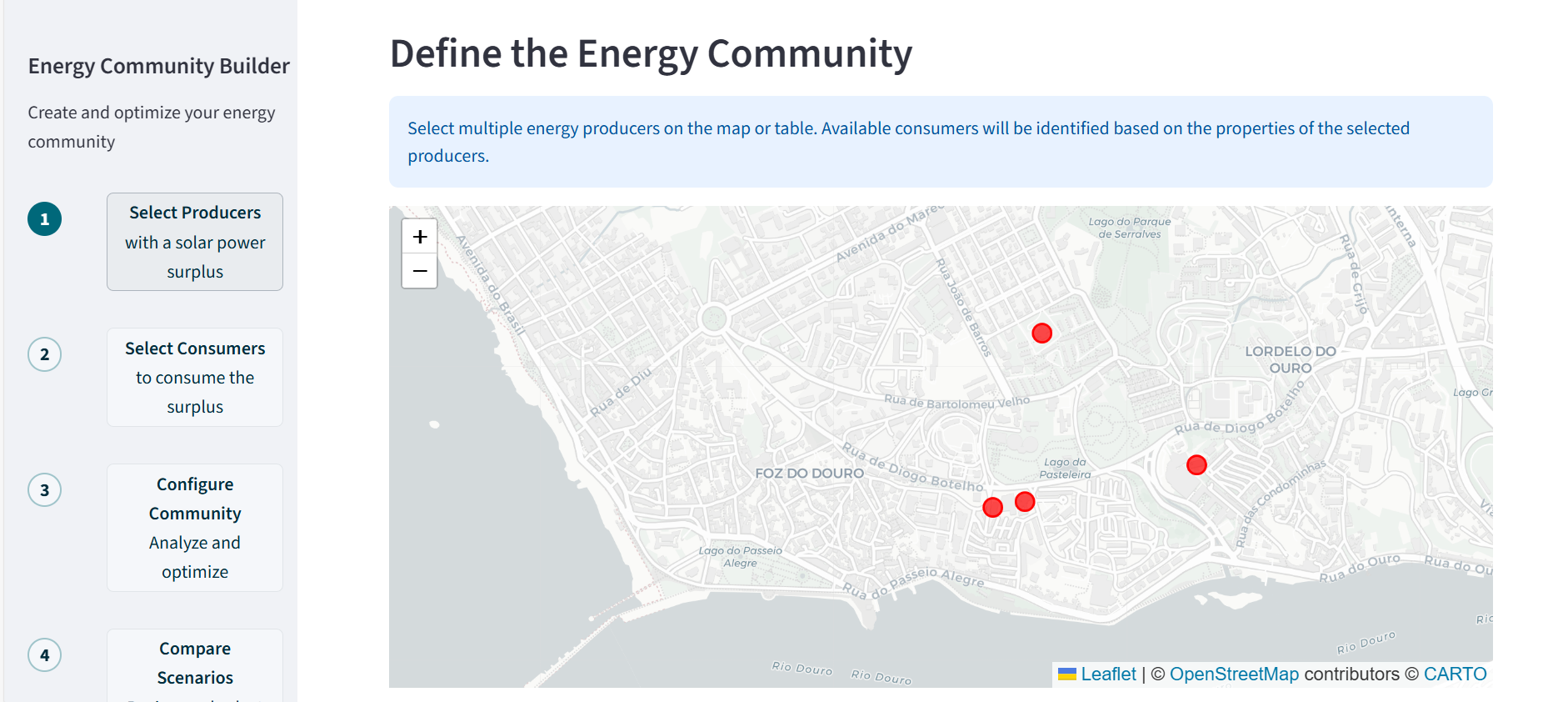
Contract awarded and start of PV system implementation in two social housing neighbourhoods with more than 500 dwellings, to be integrated into the ASCEND REC. The installed capacity will be 854 kWp.
|
|
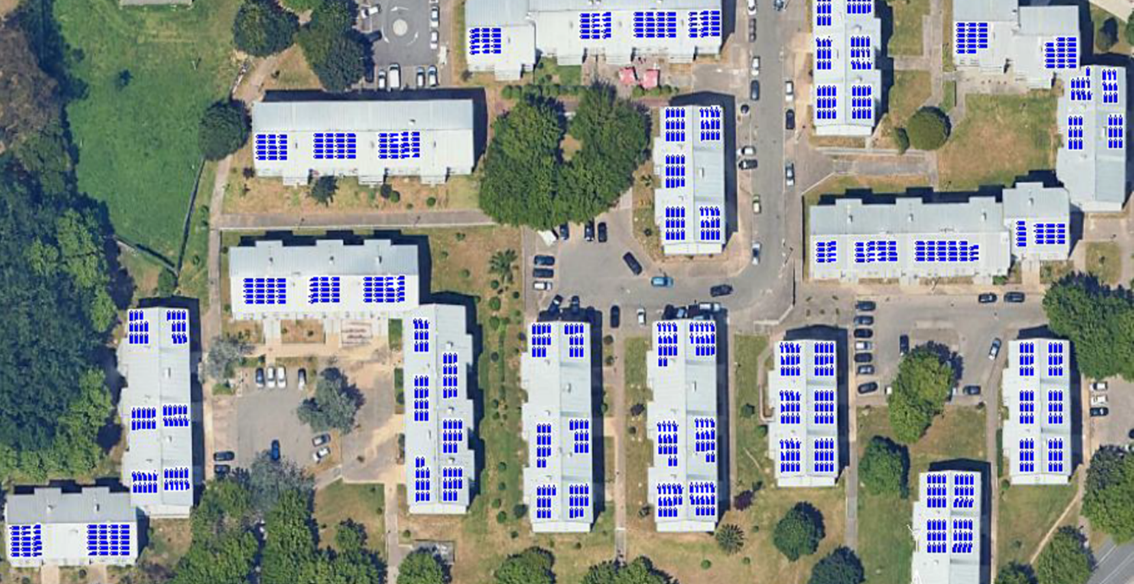 |  |
Conclusion of 100 energy audits in social housing dwellings & 2 additional energy certificates for municipal buildings – Leonardo Coimbra School and the Armando Pimentel Swimming Pool building. As well as the installation of more than 67 electricity consumption monitoring devices in social housing.
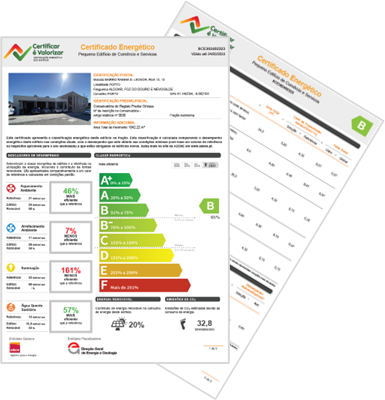 |
|
Participation in several engagement and awareness-raising events with local partners, such as Roteiros com Impacto (#Porto Ambiente & Pacto do Porto para o Clima), “À Velocidade do Sol”> Iniative (#AdEPorto>) and Bioblitz & Festa de Outono (#Fundação Serralves), with over 400 participants.
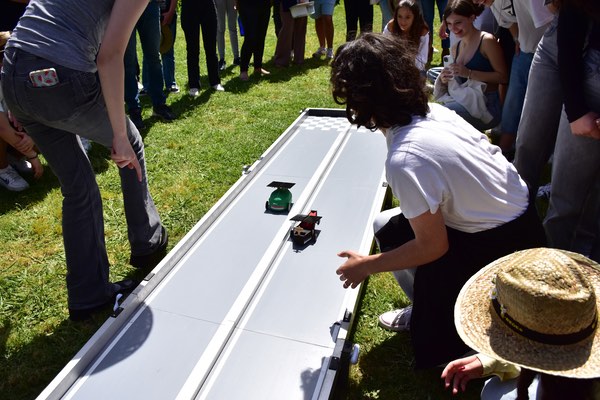 | 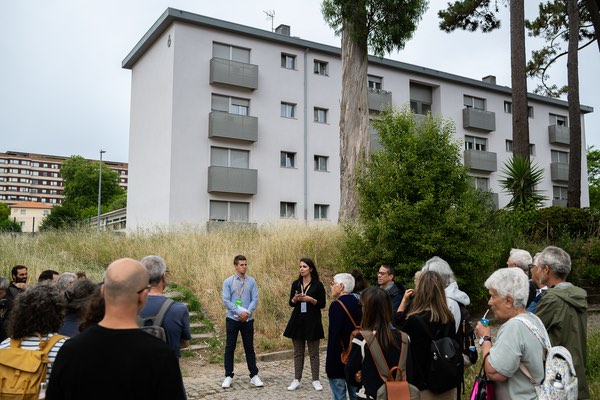 |
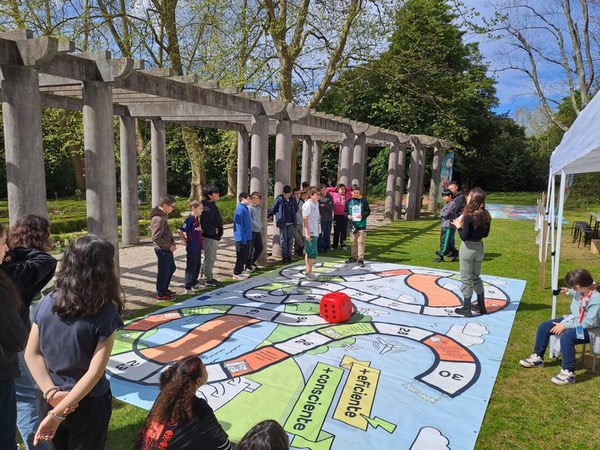 | 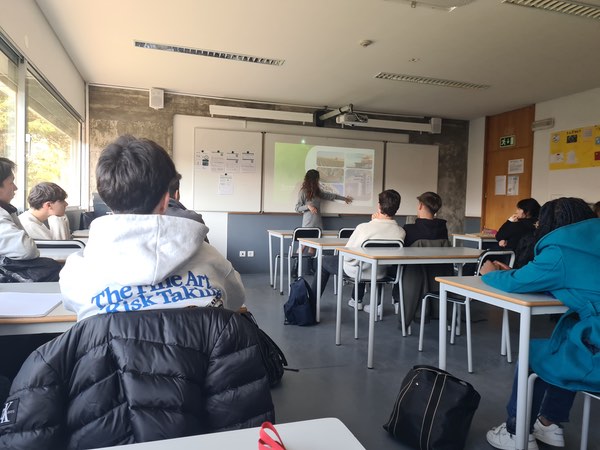 |
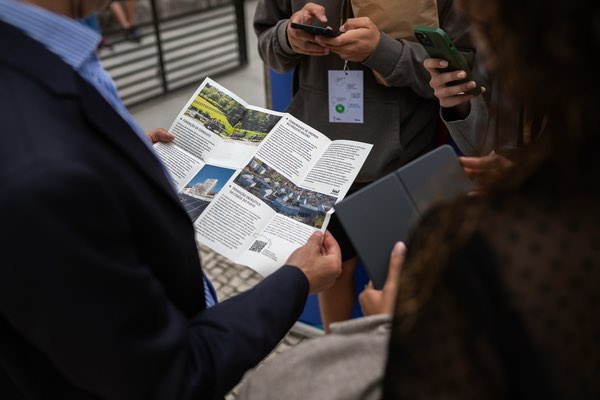 | 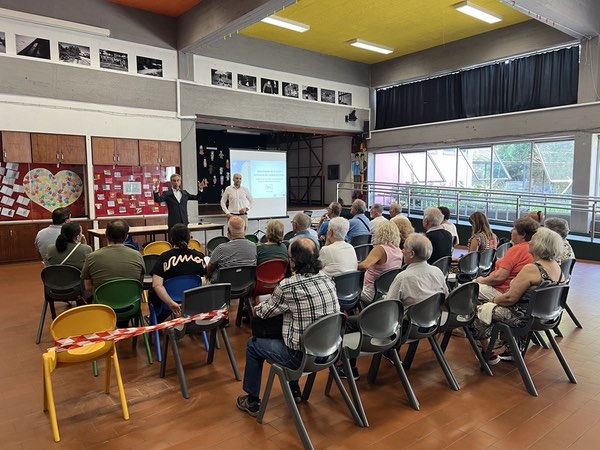 |
